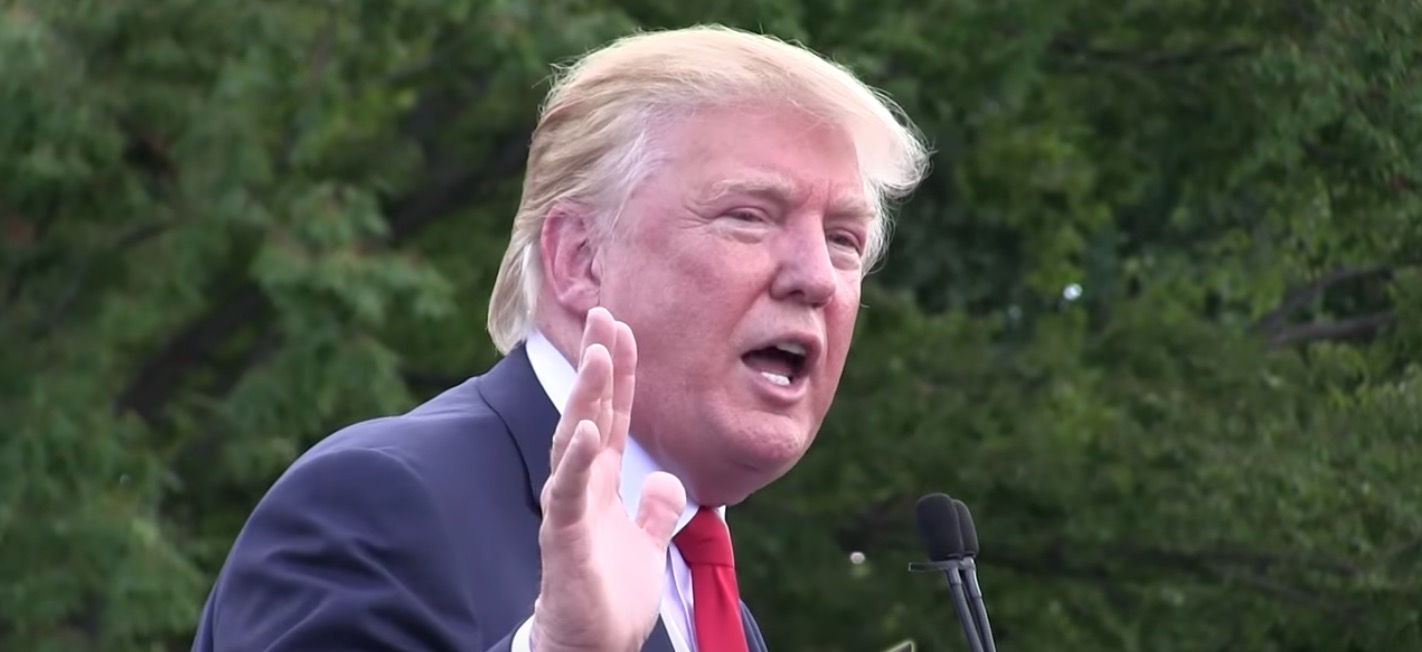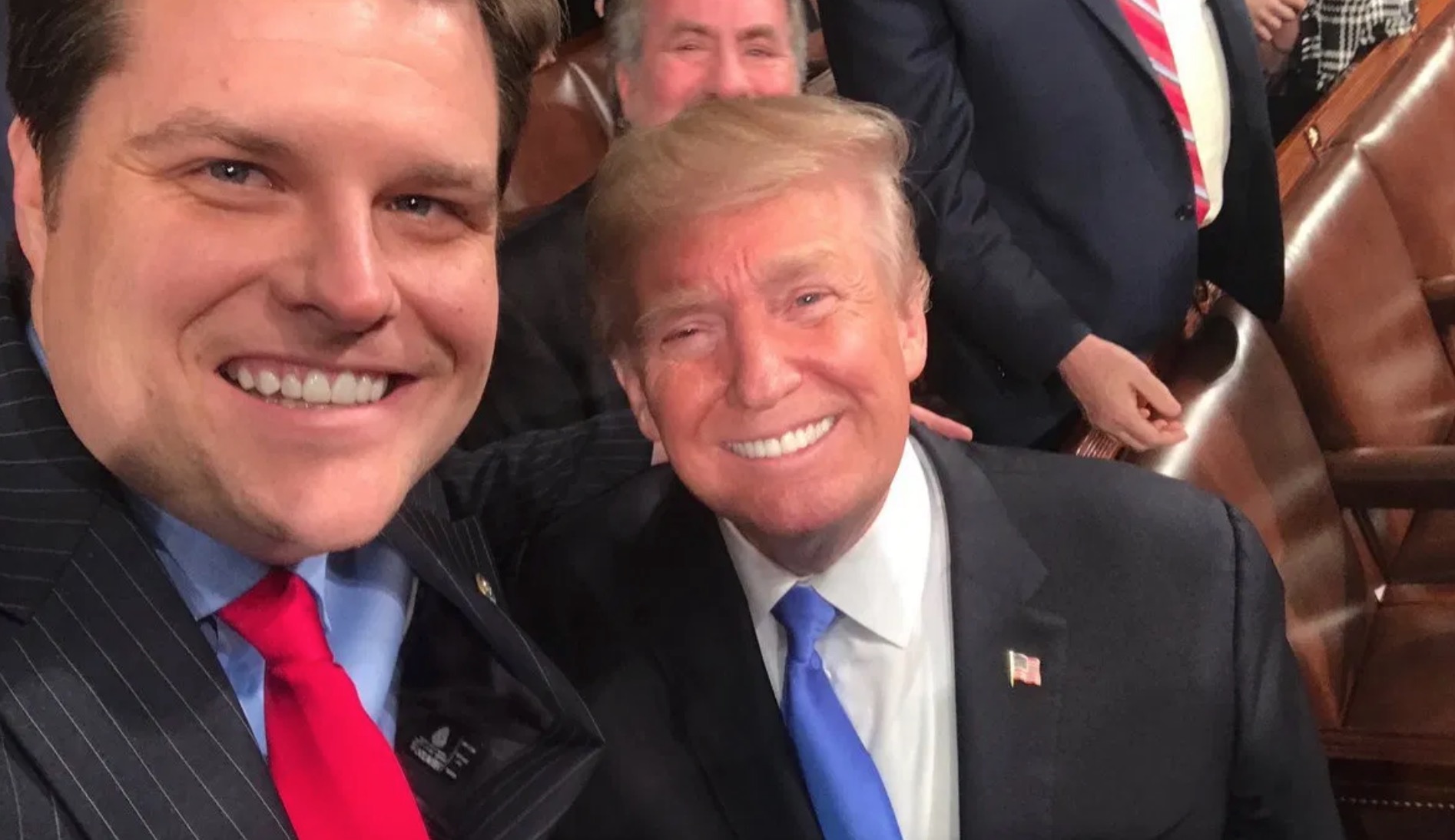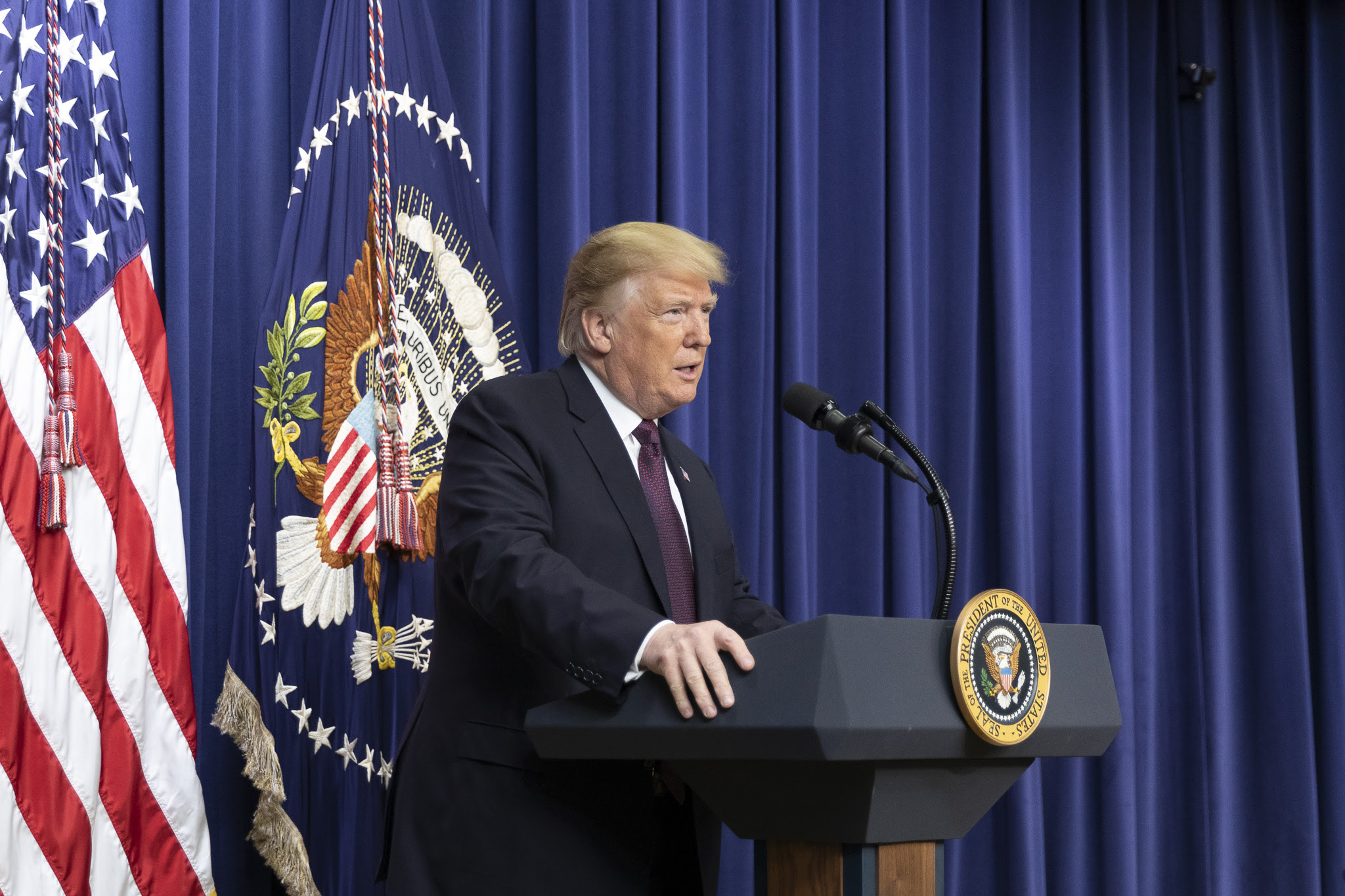Right Report
Floridian Press
Sign up for email updates
Become an insider: Subscribe to our free newsletter.Latest Articles

Smear campaign underway against DeSantis...

Copy of Online gaming company has busine...
Air Force veteran Anna Luna runs Charlie...

Majority of Floridians oppose impeachmen...

Matt Gaetz files ethics complaint agains...

Who will face President Donald Trump in ...

Florida Lawmakers Want Accessible Liquef...

President Trump pens $100K check to Home...

Tomato Suspension Agreement Withdrawal P...

Patronis Questions DNA Testing Companies...









Jesse Jackson’s anatomy of a botched pander
By: JORGE BONILLA
Today, I’m going to break down Jackson’s “Sí Se Puede” pander, which he dropped on an unsuspecting TeleSur reporter as though flashing a Barrio Pass. Said analysis will be given to you BuzzFeed style, sans cats, gifs, or cat-gifs.
Do you think the 2nd Amendment will be destroyed by the Biden Administration?(2)
But first, a brief explanation:
“Sí, Se Puede” (or “Yes, We Can”) became relevant as a political rallying cry in the early 1970s, in the midst of the United Farm Workers’ battles in Arizona.
Per the UFW:Although Mexican-American in origin and history, the phrase transformed into a sort of pan-(U.S.) Hispanic generic rallying cry, which reached its zenith during president Barack Obama’s 2008 White House run. However, this phrase does not hold that same resonance outside of the United States. So watch what happens when Jackson drops it in Caracas, as a sort of walk-off mic drop: